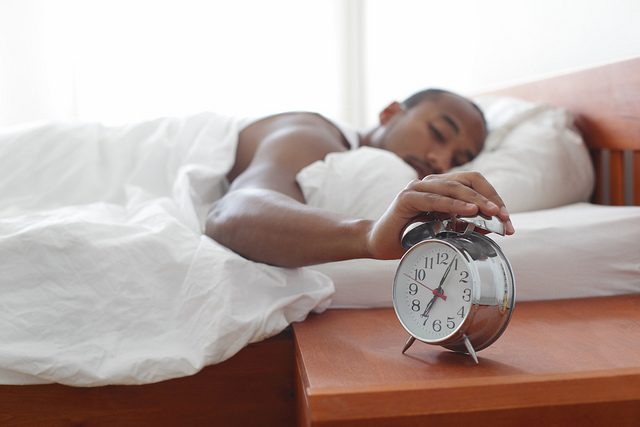The better your sleep, the better your brain functions. Yet according to a Colorado College experiment, simply believing you’ve slept well may improve your brain’s performance – a manifestation of the placebo effect1.
The placebo effect is commonly encountered in clinical trials testing new medicines. In these trials, a patient may unknowingly receive a dummy treatment containing no active ingredients, such as a sugar pill2. Yet these patients may experience effects, both positive and negative, in line with their expectations of the drug – a phenomenon known as the placebo effect. Placebo effects aren’t imaginary: they can trigger real physiological reactions. If patients believe a placebo pill is a stimulant, they tend to exhibit increased pulse rate, blood pressure and reaction speed, even though the pill is made from an inactive substance.
The Colorado College researchers were investigating whether the placebo effect could manifest with regards to sleep and cognitive performance. To set up expectations in the participants, the researchers began by explaining that a good night’s sleep has a positive impact on brain function, whereas a bad night’s sleep has a negative impact. Participants were then connected to medical equipment (which in fact did not take any readings) and were shown impressive but fictional charts and graphs calculating their total REM sleep. This increased the credibility and authority of the researchers whilst undermining the participants’ own judgement of their sleep.
In the next stage of the study, participants rated how well they’d slept on a scale of one to ten, ten being the deepest. The researchers then told each participant that their previous night’s sleep quality was either above average or below average, as measured by total time spent in REM sleep. However, these sleep qualities were randomly assigned and didn’t reflect how they actually slept. Shortly after the consultation, participants sat tests assessing their verbal, maths and information processing skills. Those who were made to believe that they had slept well ‘performed significantly better’ than those who were told that they had slept badly3. Surprisingly, self-reported sleep qualities didn’t predict test scores. Instead, there was a significant correlation between assigned sleep quality and test scores, which suggests the influence of the placebo effect.
The study shows how mindset can both positively and negatively influence mental performance. Believing you’ve slept well may improve cognitive performance. Similarly, worrying over how badly you slept might contribute to inferior performance. More generally, the study demonstrates the importance of mindset in functioning ability and overall health, suggesting that it’s time we put our worries to bed.
Edited by Debbie Nicol
References
- Christina Draganich and Kristi Erdal, ‘Placebo Sleep Affects Cognitive Functioning’, Journal of Experimental Psychology: Learning, Memory, and Cognition, 40:3 (2014), 857-864, https://www.apa.org/pubs/journals/features/xlm-a0035546.pdf
- ‘What is the Placebo Effect?’, WebMD http://www.webmd.com/pain-management/what-is-the-placebo-effect?page=2
- ‘The Power of Positive Sleeping’ https://www.coloradocollege.edu/newsevents/newsroom/the-power-of-positive-sleeping#.ViaL8ytuXfa

